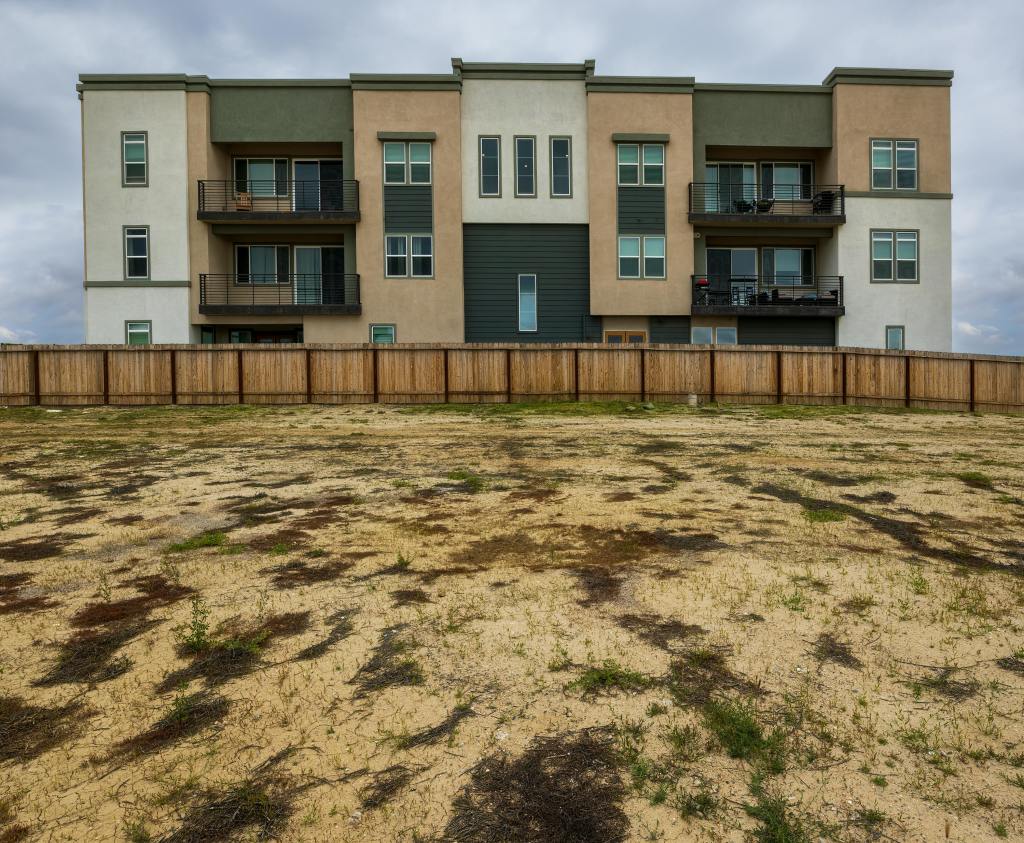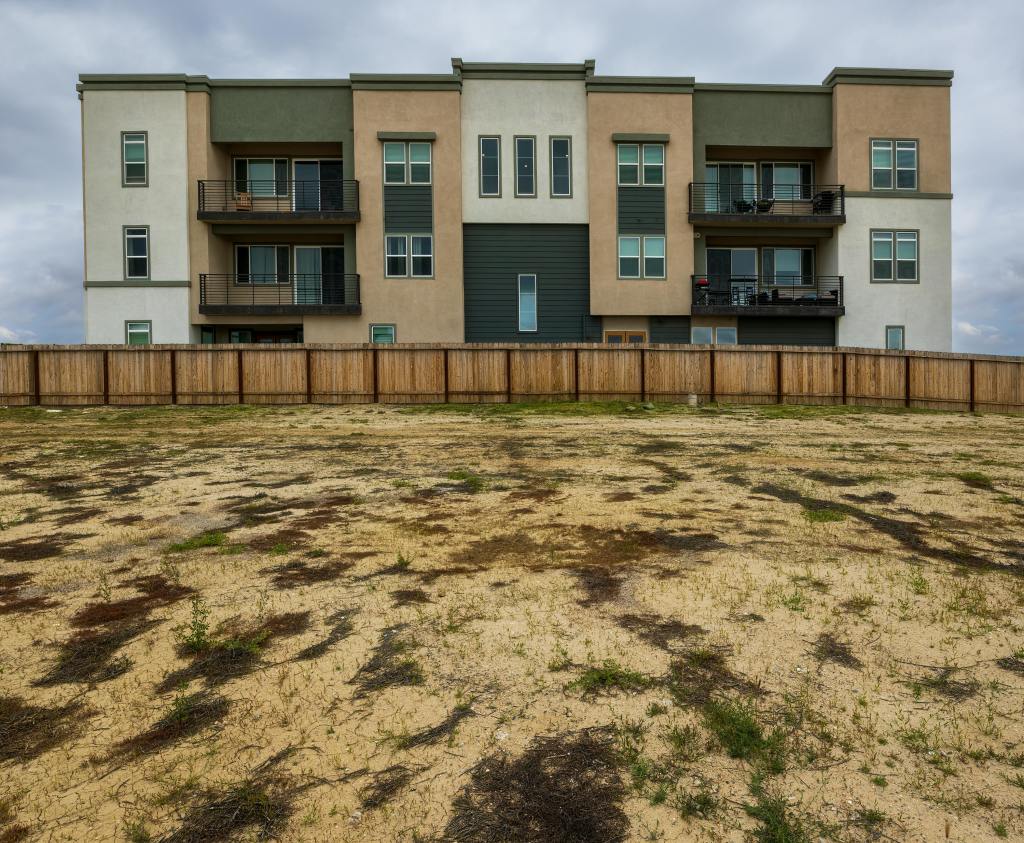Legal Responsibilities of Owning Vacant Land

Owning vacant land can be an exciting venture, filled with potential for future development, investment, or personal use. However, it comes with a set of responsibilities that every landowner should be aware of.
This blog will explore the legal duties and obligations associated with vacant land ownership. From understanding liability issues to ensuring regulatory compliance, we’ll cover essential aspects that every landowner must consider. Whether you’re a seasoned investor or a first-time buyer, having clarity on these responsibilities is crucial for protecting your interests and making the most of your property.
Join us as we explore the key legal obligations associated with owning vacant land and what you need to know to navigate them effectively.
Understanding Zoning Laws and Land Use Regulations
Zoning laws and land use regulations play a crucial role in determining how vacant land can be utilized. These regulations are essential for outlining the specific restrictions, permits, and compliance requirements that govern property development.
Zoning laws serve as a legal framework that municipalities utilize to control and direct the development of properties within their jurisdiction. It ensures that land is used in ways that align with community goals and safety standards.
Types of zoning districts
Multiple districts are designated within a municipality, including industrial, commercial, and residential zones. Each district has restrictions concerning what types of buildings are permitted, their size and height, the number of rooms, and even the location of essential utility lines.
For instance, local zoning laws may specify that certain districts only allow single-family homes or multi-family dwellings, which directly affects the character of the community and the types of development that can occur.
Development specifications
Moreover, zoning regulations often dictate requirements for off-street parking, the number of dwelling units allowed, and other specifications that impact how landowners can develop their properties. It is important that these regulations are reasonable and balanced, considering both the rights of property owners and the needs of the community.
Navigating zoning regulations
Because zoning laws can be complex and vary significantly from one jurisdiction to another, it is vital for individuals and developers to seek out legal expertise when navigating these regulations. An attorney experienced in zoning law can provide valuable guidance, ensuring compliance with all local requirements and helping to address any disputes that may arise regarding land use.

Navigating Environmental Regulations for Vacant Properties
When dealing with vacant land and vacant buildings, it’s crucial to understand the environmental considerations and regulations that apply.
Environmental considerations
Various factors, such as conservation efforts, land contamination issues, and the necessary remediation processes, must be considered. Understanding environmental regulations is essential not only for compliance but also for protecting natural resources and public health.
Contamination is a significant concern for vacant properties, especially those with older structures. Many older buildings are likely to contain hazardous materials such as asbestos insulation and lead-based paint or pipes.
Additionally, underground storage tanks can pose risks if they leak, leading to soil contamination. Furthermore, environmental issues such as mold can arise from water intrusion caused by leaky pipes, old roofs, or cracks in the structure. This affects the integrity of the buildings and can lead to runoff water contaminating local rivers, streams, and waterways, thereby impacting overall water quality and local wildlife.
Remediation and redevelopment
Remediation of contaminated land is a complex process that property owners and municipalities must navigate carefully. Since most general liability and property insurance policies do not cover environmental health issues, they are vulnerable to environmental claims and lawsuits. In response, some cities have begun exploring redevelopment initiatives, which often include demolishing abandoned structures.
However, it’s important to note that contractors engaged in these activities can be exposed to harmful contaminants, making safety protocols and proper handling of hazardous materials essential during remediation.

Property Maintenance and Liability Issues
Maintaining vacant land is essential for property owners to prevent hazards and mitigate legal liabilities.
Legal liabilities
One primary concern is the need for regular upkeep of the property. Vacant properties can pose significant risks, as they may attract trespassers who could be harmed by overgrown vegetation, dilapidated structures, or hazardous materials.
Legally, a property owner can be held responsible for injuries that occur on their land, particularly under the concept of “attractive nuisance,” which refers to conditions that may lure individuals onto the property, leading to potential harm.
Insurance policy
In addition to physically maintaining the land, property owners must also consider their insurance coverage. Standard insurance policies typically don’t extend to vacant properties. It’s important to seek specific insurance that caters to these types of spaces. These policies provide coverage against potential claims that arise from accidents or injuries occurring on the property.
It is important for property owners to review their insurance policies regularly to ensure they are adequately covered for their vacant property. Engaging with an insurance agent can provide professional advice into the best coverage options available, helping to safeguard against potential liabilities.
Mitigation and maintenance
To effectively prevent risks associated with vacant land, property owners should establish a routine for maintenance and regular inspections. By identifying and addressing any hazards early on, owners can avoid significant issues down the line. Furthermore, implementing security measures is critical in deterring trespassers. This can include securing entry points with gates, installing cameras and alarms, and erecting fencing around the property.

Managing Tax Obligations and Insurance Requirements
Owning vacant land can be an exciting prospect, but it’s essential to understand the tax implications and insurance necessities associated with it.
Property taxes
Property taxes can vary significantly based on your location and the specific characteristics of the vacant lot. It’s crucial to familiarize yourself with local laws, tax rates, and the types of taxes that apply to vacant land ownership, as these can differ widely from one locality to another.
Understanding vacant land taxes, which may fluctuate based on the land’s use and zoning classification. To navigate this complex landscape effectively, seeking the guidance of a tax accountant or attorney specializing in real estate is advisable.
Insurance requirements
In addition to tax obligations, insurance is another critical consideration for landowners. While vacant land may not require as extensive coverage as a developed property, it’s still important to explore available insurance options to protect against potential liabilities. Depending on the location, landowners may face risks such as trespassing, vandalism, or liability claims, making it wise to invest in property insurance tailored for vacant land.
Finally, implementing a solid risk management strategy is essential for mitigating potential issues related to vacant land ownership. This may involve regular maintenance inspections, securing the property to deter unauthorized access, and ensuring compliance with any local regulations.

Dealing with Easements, Trespassing, and Boundary Disputes
Exploring the legal aspects of easements, trespassing, and boundary disputes is essential for property ownership.
Easements
These issues can significantly impact property rights and responsibilities. Easements, for instance, grant another party access to land for a limited purpose. Often, disputes arise when the terms of an easement are vague, have expired, or when the agreement is not upheld or documented in writing. Understanding the nature of easements is crucial, as it helps landowners navigate potential conflicts and ensures that their property rights remain protected.
In cases where easement disputes occur, resolution can often be achieved through discussion among the parties involved. Landowners may opt to enter into a new agreement to terminate the easement or consider purchasing the property in question to eliminate the dispute altogether. Additionally, understanding trespassing laws is vital for landowners to protect their rights and manage unauthorized access to their property, thereby safeguarding their interests.
Boundary disputes
Boundary disputes present a different challenge, often arising between neighbors regarding property lines. These conflicts can manifest when one landowner suspects their neighbor is encroaching on their land, perhaps by building a fence that crosses the property boundary.
Resolution of such disputes can be quite complicated due to existing legal doctrines that might apply. As a result, mediation or negotiation is usually the preferred approach, allowing both parties to reach a solution while preserving their rights and maintaining neighborhood relations.
Overall, understanding legal protections for landowners, the intricacies of easement agreements, and the potential for boundary disputes is essential for anyone invested in vacant land ownership.

Legal Considerations When Selling Vacant Land
When selling vacant land, it is crucial to understand the legal intricacies involved, including disclosures, contracts, title issues, and potential liabilities for sellers.
Each of these factors plays a significant role in the selling process and can impact both the timeline and the final sale price. Property rights laws will determine how smoothly the transaction proceeds; therefore, seeking professional advice is advisable to navigate these complexities effectively.
Responsibilities
Property rights refer to the legal ownership and control of a piece of land, granting the owner exclusive rights to sell, transfer, or utilize the property. These rights are governed by jurisdiction, meaning they can vary by location.
Typically, the law outlines the rights and responsibilities of landowners and details the processes required to transfer ownership. Depending on the area, selling vacant land might require permits or approvals due to local zoning restrictions, which adds another layer of consideration for sellers.
Property taxes
Before proceeding with a sale, it is essential to ensure that you have a clear title to the land and that there are no outstanding liens or disputes. Having these issues resolved is vital, as they can significantly hinder or delay the selling process.
Additionally, being aware of any property taxes and their implications is important; seeking the advice of a tax professional can help clarify potential capital gains taxes or other obligations that might arise from the sale. Fulfilling these legal requirements and responsibilities can help facilitate smoother transactions and protect sellers from unforeseen complications.
This article is intended for informational purposes only, and you should not interpret anything contained in it as legal advice. Global Indemnity Group, LLC, its parents, affiliates, and anyone connected with them are not responsible or liable in any way for your use of the information contained in or linked to from this article. Reliance on the information provided in this article is solely at your own risk. If you have questions about property laws or any of the topics addressed in the article, you should contact an attorney or subject-matter expert.
Sources
https://micovacantland.com/blogs/news/understanding-land-ownership-rights-responsibilities-and-key-considerations#:~:text=Along%20with%20these%20rights%20come,environmental%20stewardship%20and%20conservation%20efforts
https://www.findlaw.com/realestate/land-use-laws/land-use-and-zoning-basics.html
https://safeguardproperties.com/environmental-risks-for-vacant-properties/
https://www.linkedin.com/pulse/hidden-risks-vacant-properties-liability-dangers-every-joseph-shaw-fennc/
https://www.nolo.com/legal-encyclopedia/tax-deductions-vacant-lands.html
https://www.whiteandbright.com/easement-disputes-and-boundary-disputes/#:~:text=There%20are%20several%20potential%20ways,by%20purchasing%20the%20adjoining%20property
https://needtosellmylandfast.com/legal-considerations-when-selling-land-what-you-need-to-know/#:~:text=When%20selling%20land%2C%20it’s%20important,that%20could%20affect%20the%20sale

